Of all the relationships that we will encounter in our lifetime, our family ties are usually the most intense, tightly organized and consist of the strongest loyalties.
We want to stay connected to our families and so we nurture and protect these relationships.
There is comfort and a feeling of safety in having a history with these people and seeing the similarities we have with one another. So imagine what it is like to tell your family that you are lesbian or gay. That you are a minority in your own family.
Imagine your fear of introducing something so different and sometimes despised.
Imagine fearing that not only will you lose the support and respect of society but also the respect and love of your own family. It is chilling.
My father likes to proudly shout “Gansa Mishpachah!” when he knows the “whole family” is coming together. He loves it. But there was a time when that shout was not as proudly declared and having “Gansa Mishpachah” meant tension.
I told my parents I was gay in 1981 when I was 18. It was one of the most frightening things I ever did. I felt I could have lost everything. There were no role models, nothing to give me direction in how to proceed with this. I was alone.
I had nothing at the time other than therapists and literature telling me and my parents that I was gay because of how I was raised.
So, you can imagine the pain, guilt and devastation when I told them.
I tried to tell my mother originally at the age of 15, in 1978, during the Chanukah season. I was driving with my driver’s permit and we were on the expressway. My timing was not great. I started crying, telling her I had something awful to tell her.
I started by telling her I was different. I could not go on. She lovingly touched my shoulder and told me that everything would be fine, and she gave me some Chanukah money. She then got me in therapy.
Although the first therapist I had pathologized my gayness, he at least provided me with a safe forum to talk about it at length, which totally desensitized me. I needed this. But I needed more.
What did I need as a gay teenager? I needed to be applauded for the courage to talk about it at all.
I needed to explore my sexuality without someone telling me that being straight was a better way to be. I needed to be told that my mother did a good thing by taking me to therapy.
I really believe that. Later she would tell me that she had some idea that I was gay but did not know what to do about it. She felt that when you do not know what to do, you ask for help. And, knowing she had limitations on what to do with this subject, she did get me help.
When I finally came out to my family, I needed the therapist to address the safety, honesty and integrity of me and my family.
Gays and lesbians want to tell their families, but they are scared.
There has to be a strong commitment to staying connected to the family in order to tell. The family has to have instilled a sense of safety for gay or lesbian children to tell something so deep and core about themselves.
My parents needed to know that. They needed to know they did a good job in raising a child who took such a risk and valued the parent-child relationship that much.
My family needed to be told that when a gay or lesbian child comes out of the closet, the family goes in the closet. The experience of saying you have a gay or lesbian child will parallel the experience of a gay person “coming out” to various people. My parents needed to know that they did not make me gay.
As a psychotherapist, I have had the luxury of meeting many different kinds of people over the last 12 years. I have treated many heterosexual men with the exact same backgrounds and childhoods as mine, and they do not have a gay bone in their bodies. This supports my belief that how one is raised has little or nothing to do with sexual orientation.
My family needed to know that being gay and telling others cannot kill someone and is not contagious.
I recall relatives warning me that if I told this one or that one, it would “kill” them, that “they may decide to be gay themselves.”
I have never heard of a death certificate which cites cause of death as “relative told him he was gay.” Nor have I heard of a medical diagnosis classifying homosexuality as a contagious disease.
This is just ignorance and misinformation.
We needed to know this. My family needed to know that 30 percent of adolescent suicides are related to sexuality issues. They needed to hear that it is OK to disagree with me and have a difference of opinion about my gayness and to talk to me openly about it.
It is acceptable to have differences in the family. It’s when there is no communication and everyone stops talking about it that the risks and problems arise. Not talking leads to abandonment and total rejection.
My family would have been relieved for me to stay quiet about this part of my life at first. But I would have been miserable. And we would not have had the closeness we have now because they would not have been a part of my personal life that I have developed with my life partner.
I am always moved to tears when I hear one particular father talk about learning his son was gay.
He says he had the Bible in one hand and his gay child in the other, and he did not want to get rid of either. So he worked hard at finding a way to keep both, staying loyal and true to himself and to what he believed. And he was able to have both.
He is a PFLAG member (Parents, Friends and Family of Lesbians and Gays.) PFLAG has numerous chapters across the country. (The FLAG Detroit Hotline is (248) 656-2875.)
There is a song written by a man named Fred Small called “Everything Possible.” I think the song applies to us all. Some of the words go like this:
You can be anybody that you want to be.
You can love whomever you will.
You can travel any country where your heart leads.
And know I will love you still.
And the only measure of your words and your deeds will be the love you leave behind when you’re gone.
I wish someone would have ‘sung that song to me. I now sing that song to myself. And I will sing it to my new nephew Jacob. We all need to hear these words.
Originally posted on www.joekort.com
Joe Kort, Ph.D., MSW, MA
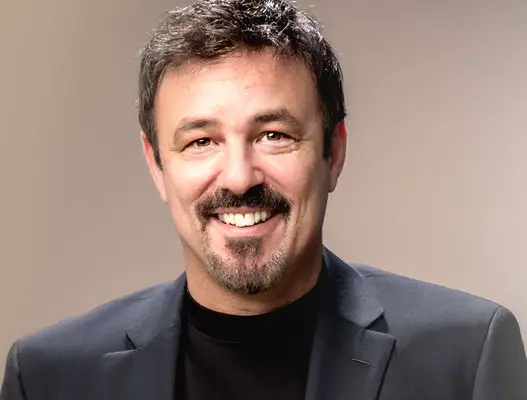
Joe Kort, Ph.D., is a clinical sexologist and relationship therapist, coach and founded his practice in 1985. His specialties include: IMAGO Relationship Therapy, sex therapy, sexual identity issues, out-of-control sexual behaviors, responsible non-monogamy/monogamy; childhood sexual, physical and emotional abuse; mixed-orientation marriages; and depression and anxiety.
Dr. Kort writes for Huffington Post, Psychology Today and has been interviewed and mentioned on a regular basis in the New York Times on various issues.
Dr. Kort is the author of four books: 10 Smart Things Gay Men Can Do to Improve Their Lives and 10 Smart Things Gay Men Can Do to Find Real Love and Gay Affirmative Therapy for the Straight Clinician: The Essential Guide and Is My Husband Gay, Straight or Bi: A Guide for Women Concerned About Their Men.
To learn more about Dr. Kort, visit his website at JoeKort.com
To connect with Dr. Kort, you can find him on:



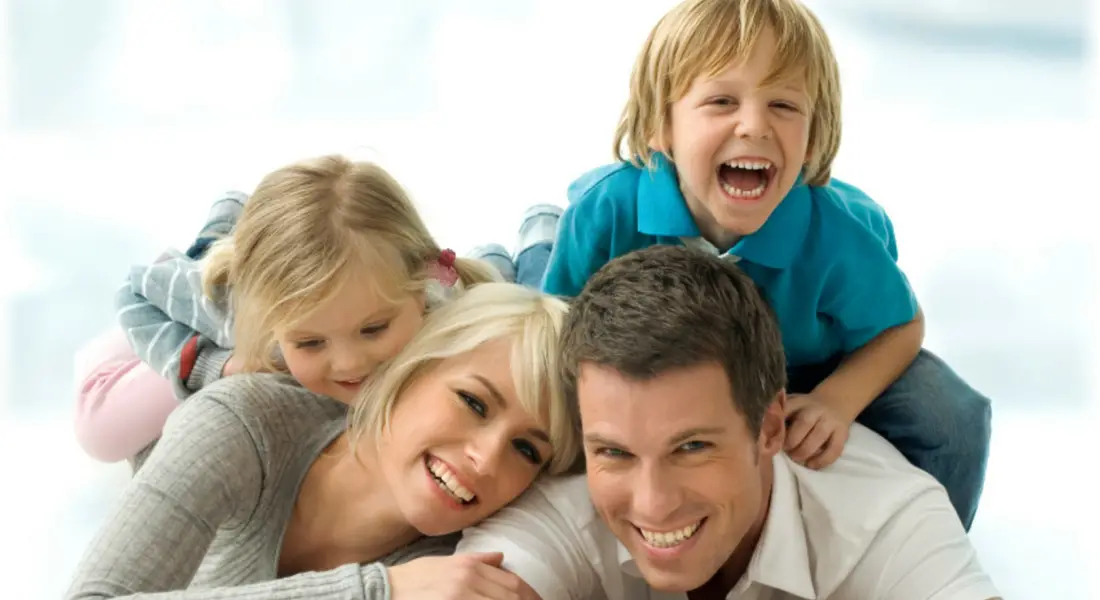

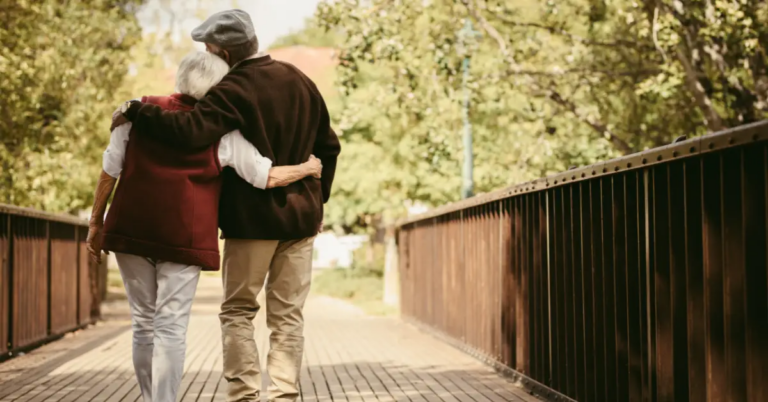

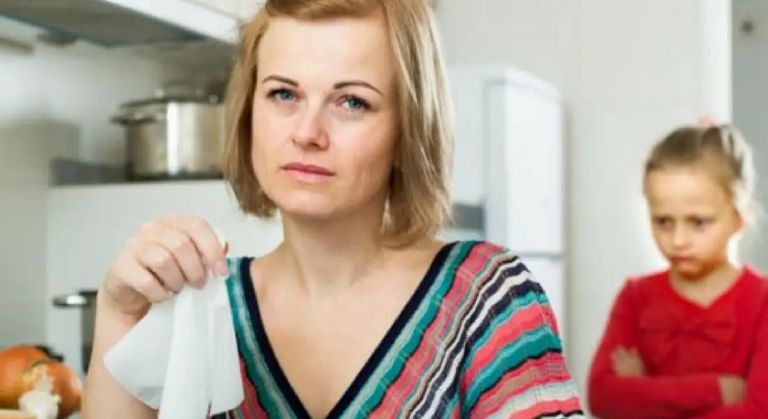

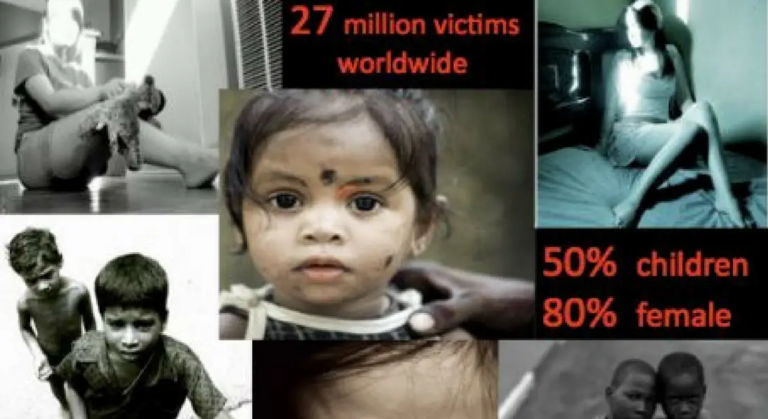

 Subscribe to Ask Dr. Nandi YouTube Channel
Subscribe to Ask Dr. Nandi YouTube Channel









